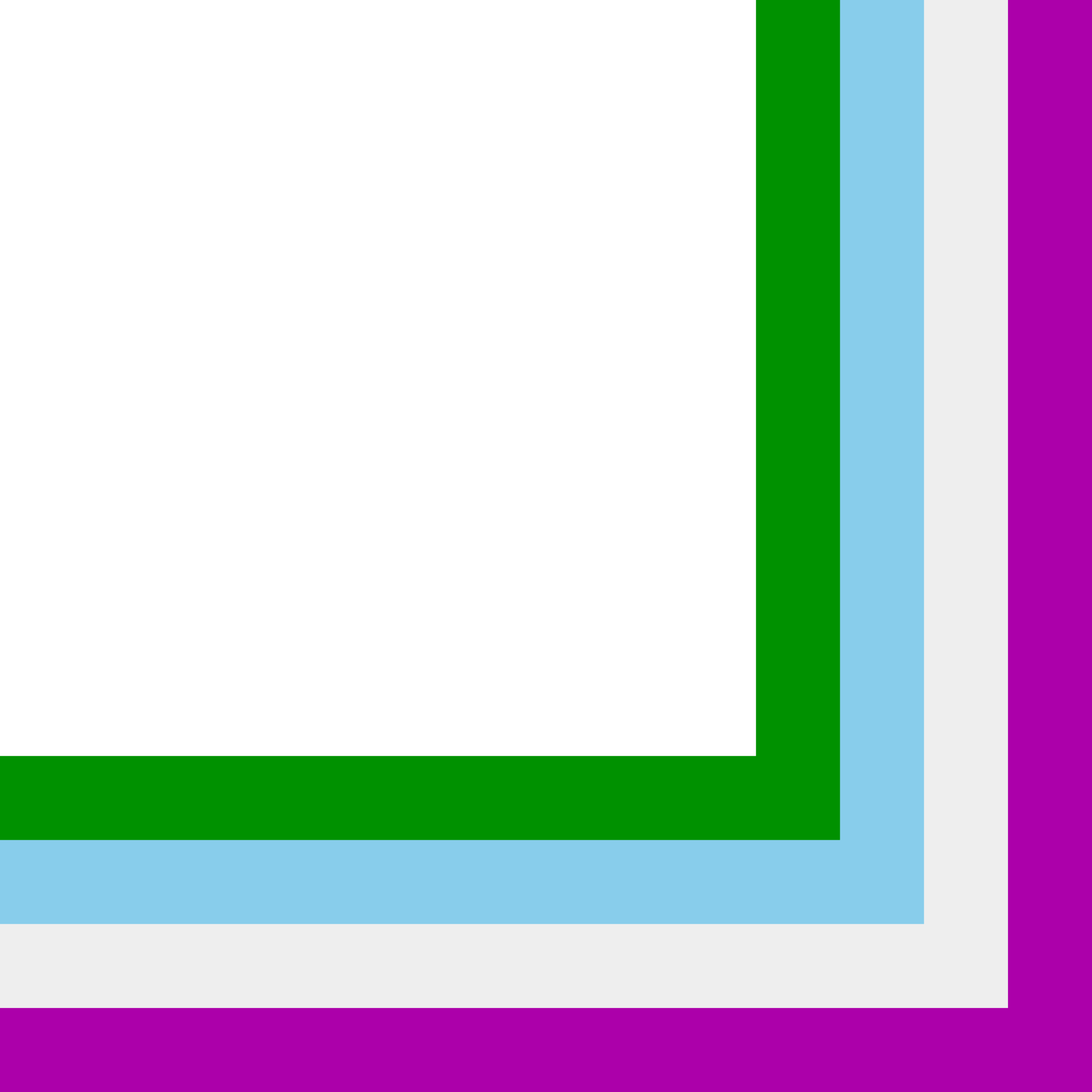styleguide
Créée le Saturday 03 February 2024
Evdonia Paranormal Force: Internal Style Guide
CLASSIFICATION: Open (classified 1961AD)
DATE CREATED: 1933AD/03/01
DATE AMENDED: 1966AD/06/21
You may have noticed upon rifling through our Open-class files that, while we speak English, we use a slightly different orthography to other English speakers in Evdonia. This organization was founded by two Canadians and a Briton, shortly after the independence of this country. Before the '60s, it was practice to use British spelling, as was practice at independence in Evdonia. With fortunes changing in Evdonia, and BC, to whose economy Evdonia is inseparably yoked by geography, orthographies changed too. The use of British spelling became a problem with American settlers, and natives who learned English from Americans, becoming members of our Force. There was a brief time between 1951AD and 1966AD when we had adopted American English spelling, but had not yet had the WSBE hearing that concluded we needed to classify items as Safe, Low Risk, or High Risk (which would quickly become Cassiar, after the asbestos mining town in the northwest of the country). Nowadays, it is practice for Records to proof files after employees edit them to ensure they comply with our orthographic rules, including American English, as well as using «arrow quotes» such as is done in French over in Canada, rather than "typical English single and double quotes". Sentence-terminal punctuation is also outside of the quote marks, unless quoted punctuation is different to the sentence's punctuation overall, in which case there are two marks.
GOIs should generally be referred to in the first instance by their most recent codename with the letters GOI followed by a dash or hyphen and their GOI number in brackets, e.g. «Ketair (GOI-201)», and then in further instances by their codename only, in internal documents and communication, and should be referred to by their endonym when addressing them institutionally. The GOIs we deal with tend to have long full names, so codenames help with brevity in radio communications.
Specifically regarding Ketair: ex-Ketair personnel, and Ketair personnel on joint or exchange missions, in our Force will sometimes call Cassiar-class objects and people Ketair-class, after the term for roughly the same classfication (which is written «Keter», for the Hebrew meaning «crown» and an aspect of HaShem(?) in Jewish kabbalah) at Ketair. In this case, it may help to prefix the GOI's codename with ‹Team›, i.e. ‹Team Ketair›, to differentiate from the alias for High Risk/Cassiar-class.
 Umbrellix Fiction Lab
Umbrellix Fiction Lab